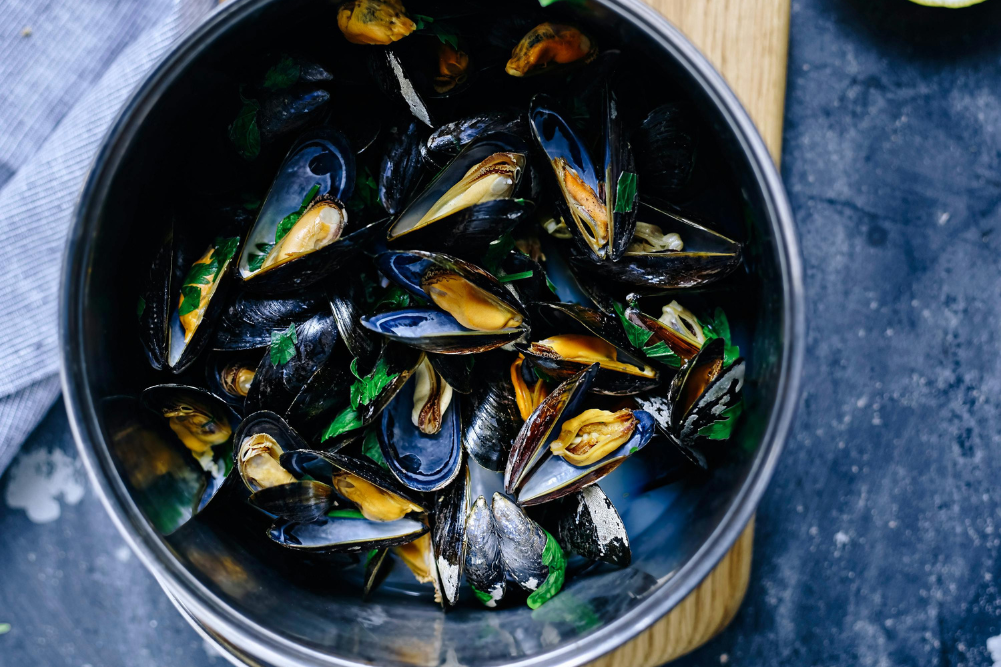Left-handed people experience emotions differently
Your emotions take place in the brain. In fact, different regions of the brain specialise in processing different emotions. But the underlying principles of this specialisation are unknown. Many studies since the 1970s have indicated that each hemisphere of the brain is responsible for particular feelings — happiness, pride and anger live in the left side of the brain, while disgust and fear live in the right hemisphere.
But the findings suggest that current treatment for common mental disorders could be damaging for left-handed patients. By giving stimulation to the left side of the brain, it could result in a decrease of life-affirming approach emotions.
But most of those studies were only on right-handed people, who make up only 50 per cent of the population and thus give a skewed understanding of how emotion works in the brain. In left-handed people, these emotions are housed in the opposite side of the brain.
A new theory of hemispheric specialisation called the “sword and shield” hypothesis reveals that human feelings vary across individuals and the way you perform actions with your hands determines how they are organised in your brain. This is based on how sword fighters would wield their swords in their dominant hand (an approach action) and raise their shields with their non-dominant hand to fend off an attack (an avoidance action).
Consistent with these action habits, results show that approach emotions depend on the hemisphere of the brain that controls the dominant “sword” hand, while avoidance emotions depend on the hemisphere that controls the non-dominant “shield” hand.
To test this hypothesis, researchers measured approach motivation before and after five sessions of transcranial direct current stimulation to increase activity in the left or right hemisphere of the brain, in healthy adults whose handedness ranged from strongly left-handed to strongly right-handed. The strength and direction of participants’ handedness predicted whether electrical stimulation to the frontal cortex caused an increase or decrease in their experience of approach-related emotions.
The results show that approach-related emotions depend on the hemisphere of the brain that controls the dominant hand, while avoidance emotions depend on the hemisphere that controls the non-dominant hand.
The findings of this study have important implications for a current treatment for unmanageable anxiety and depression called neural therapy. Similar to the technique used in the study, it involves giving a mild electrical stimulation or a magnetic stimulation to the left side of the brain in order to activate approach-related emotions.
But the findings suggest that the current treatment could be damaging for left-handed patients. By giving stimulation to the left side of the brain, it could result in a decrease of life-affirming approach emotions. Also, many people are neither strongly right- nor left-handed and thus the stimulation won’t work on them as their approach emotions are distributed across both hemispheres.
According to the researchers, strong right-handers should get the normal treatment, strong left-handers should get the opposite treatment and people in the middle shouldn’t get the treatment at all.
Source: Philosophical Transactions of the Royal Society B: Biological Sciences








